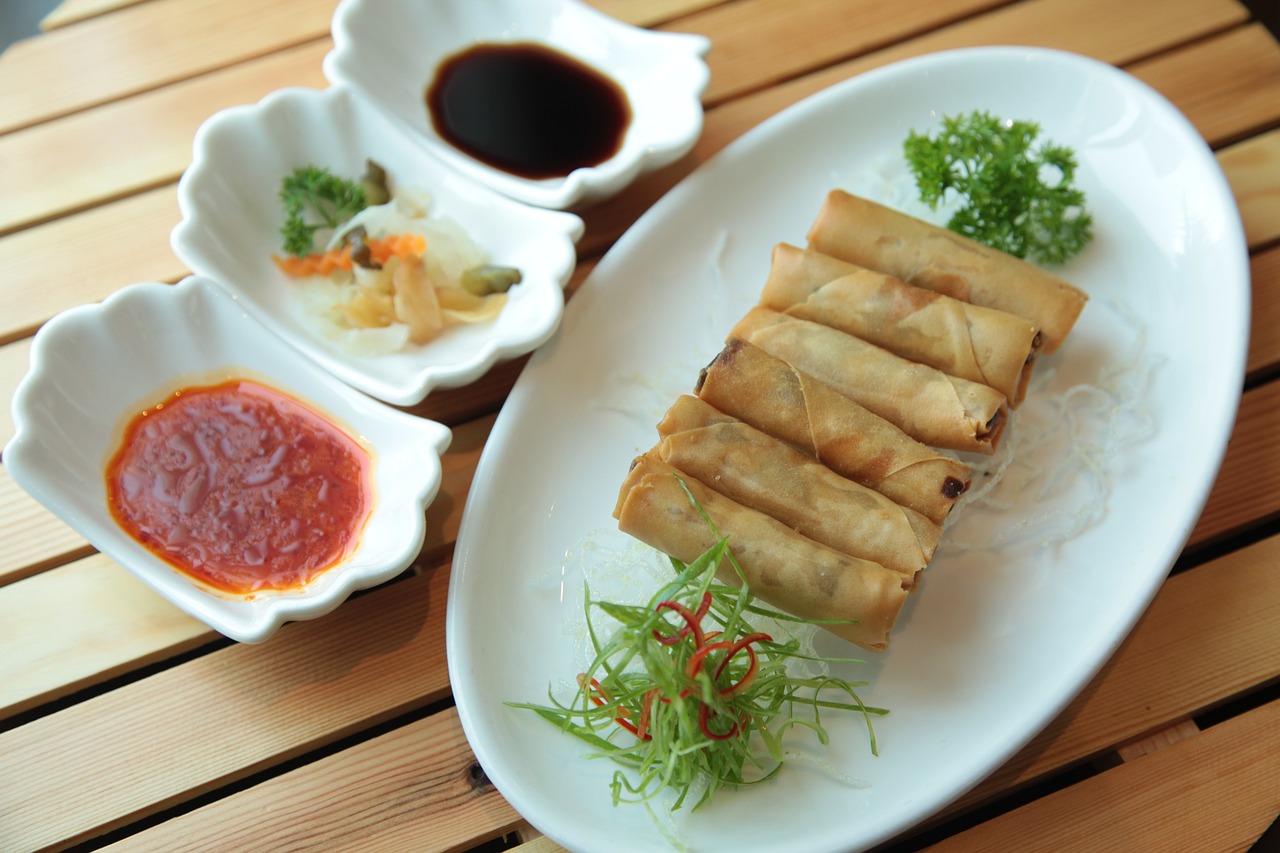The Sustainable Wine Movement: Exploring Organic and Biodynamic Viticulture
Sustainable viticulture practices play a crucial role in preserving the environment and promoting long-term sustainability within the wine industry. By implementing sustainable methods such as soil conservation, water efficiency, and natural pest control, vineyards can reduce their environmental impact and ensure the longevity of their vineyards for future generations to come.
Furthermore, choosing sustainable viticulture practices can also lead to improved quality in the grapes and ultimately, the wines produced. By prioritizing organic fertilizers and minimizing chemical inputs, vineyards can enhance the health of the soil and vines, resulting in higher quality grapes that showcase the unique terroir of the region. Ultimately, by embracing sustainability in viticulture, wineries can not only contribute to a healthier planet but also produce exceptional wines that reflect their commitment to environmental stewardship.
Understanding Organic Wine Production
Organic wine production involves adhering to strict regulations and guidelines set forth by certification bodies to ensure that the grapes are grown without the use of synthetic pesticides, herbicides, or fertilizers. Instead, organic vineyards focus on promoting biodiversity, soil health, and natural pest control methods to cultivate grapes in a sustainable and environmentally friendly manner.
One of the key principles of organic wine production is maintaining a balanced ecosystem within the vineyard, which involves practices such as cover cropping, composting, and using beneficial insects to manage pests. By avoiding the use of synthetic chemicals, organic vineyards aim to protect the health of the soil, water, and surrounding wildlife while producing wines that are free from residual chemicals, allowing for a more natural expression of the terroir in each bottle.
What is sustainable viticulture?
Sustainable viticulture refers to the practice of growing grapes for wine production in an environmentally responsible manner, taking into consideration the long-term health of the soil, water, and air.
Why should I choose sustainable viticulture practices?
By choosing sustainable viticulture practices, you are supporting the health of the environment, reducing the use of harmful chemicals, and promoting the preservation of natural resources for future generations.
What is organic wine production?
Organic wine production involves growing grapes without the use of synthetic pesticides, herbicides, or fertilizers, and following strict guidelines set forth by organic certification agencies.
What are the benefits of organic wine production?
Organic wine production promotes biodiversity, protects the health of vineyard workers, and produces wines that are free from synthetic chemicals, making them a healthier option for consumers.
How can I tell if a wine is organic?
Look for wines that are labeled as “certified organic” by a reputable organic certification agency, such as the USDA Organic label in the United States or the EU Organic logo in Europe.
Are organic wines more expensive?
Organic wines may be slightly more expensive due to the higher costs associated with organic farming practices, but the benefits to the environment and your health make them a worthwhile investment.





